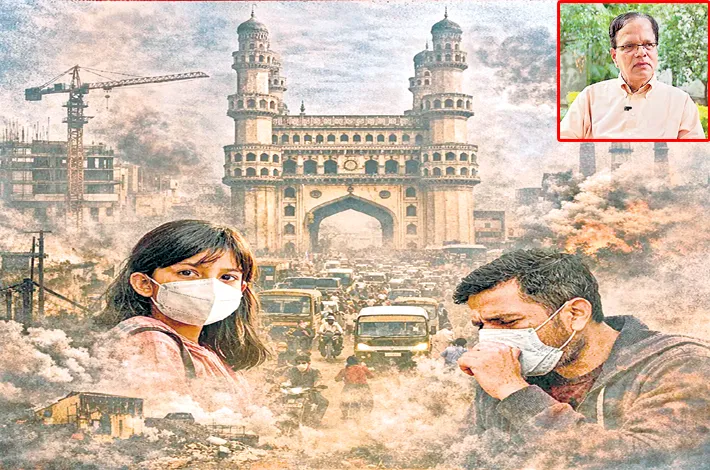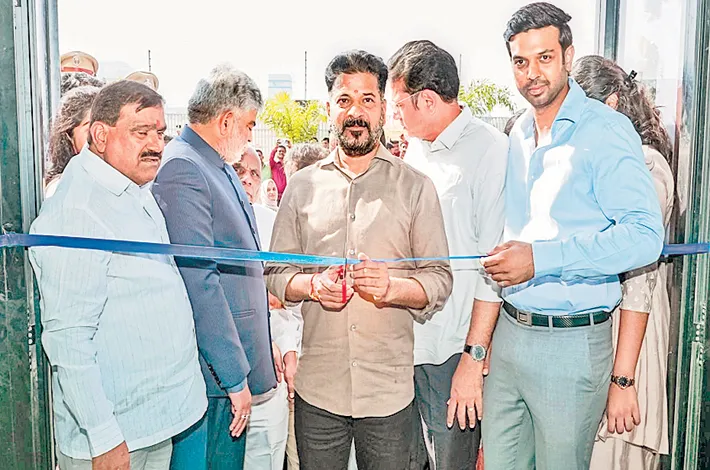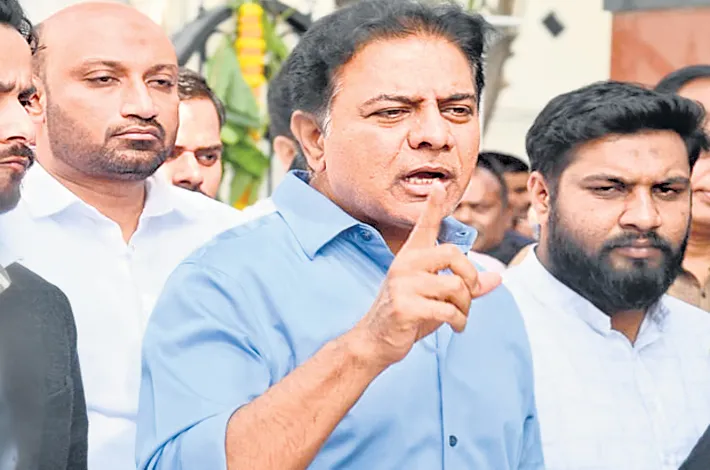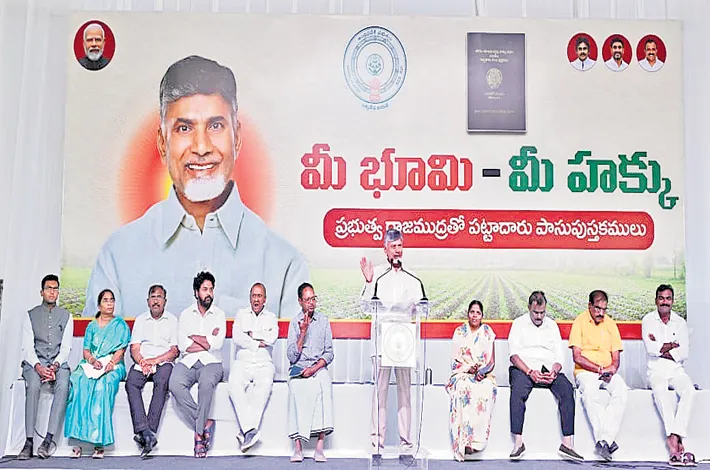The Importance of Having Faith in God in the Indian Context
11-05-2025 12:00:00 AM
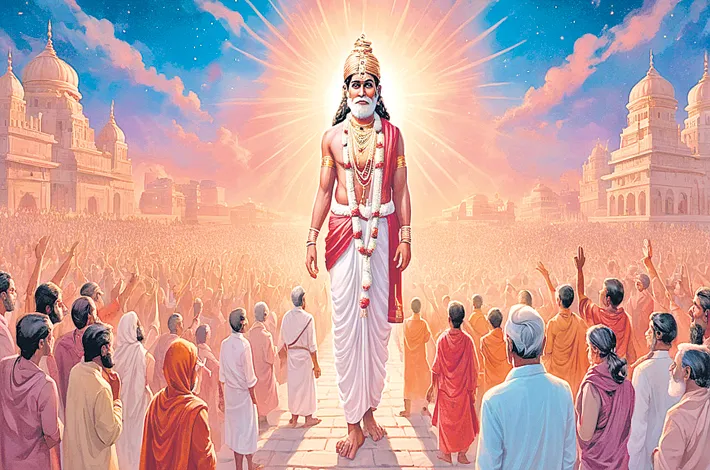
India faces unique challenges—overpopulation, unemployment, inadequate healthcare, and climate change impacts, to name a few. For millions, faith in God offers hope and a sense of purpose amidst these adversities. Pilgrimages to sacred sites like Varanasi, Tirupati, or the Golden Temple provide spiritual renewal, while rituals like fasting during Ramadan or Navratri instill discipline and gratitude
India, a land of diverse cultures, languages, and religions, has been deeply rooted in spirituality for millennia. From the ancient Vedic traditions to the modern-day practices of Hinduism, Islam, Christianity, Sikhism, Jainism, Buddhism, and others, faith in God or a higher power has been a cornerstone of Indian life. In the Indian context, faith is not merely a religious practice but a way of life that shapes individual behavior, community dynamics, and societal values. The importance of having faith in God in India can be understood through its role in providing emotional resilience, fostering social cohesion, guiding moral conduct, and offering hope amidst the nation’s unique challenges.
Emotional Resilience in a Complex Society
India is a nation of contrasts—home to immense wealth and stark poverty, rapid urbanization and rural simplicity, technological advancements and traditional practices. For many Indians, life is a constant negotiation of economic hardships, social pressures, and personal aspirations. Faith in God serves as an emotional anchor, offering solace and strength to navigate these complexities. Whether it’s a farmer praying for rain during a drought or a student seeking divine blessings before an exam, belief in a higher power provides psychological comfort and a sense of control in unpredictable circumstances.
In Hinduism, the concept of bhakti (devotion) emphasizes a personal connection with God, allowing individuals to surrender their worries to deities like Krishna, Rama, or Durga. Similarly, in Islam, the practice of dua (supplication) encourages Muslims to seek Allah’s guidance during times of distress. For Christians, prayers to Jesus Christ offer hope, while Sikhs find strength in the teachings of the Guru Granth Sahib. Across these traditions, faith fosters resilience, helping individuals cope with life’s uncertainties, from financial struggles to health crises. In a country where mental health resources are often limited, especially in rural areas, faith acts as a vital support system, reducing despair and cultivating optimism.
Fostering Social Cohesion
India’s diversity, while a strength, can also be a source of tension. Communal harmony is a constant endeavor in a nation where multiple religions coexist. Faith in God, when practiced with tolerance and inclusivity, plays a significant role in fostering social cohesion. Religious festivals like Diwali, Eid, Christmas, and Guru Nanak Jayanti are not only spiritual occasions but also opportunities for communities to come together, share joy, and strengthen bonds.
For instance, the Hindu festival of Ganesh Chaturthi sees entire neighborhoods collaborating to organize processions and prayers, reinforcing community spirit. Similarly, the Sikh tradition of langar—free community kitchens—exemplifies the principle of equality and service, welcoming people of all faiths to share a meal. These practices, rooted in faith, promote unity and mutual respect, countering divisive forces. In rural India, where caste and class divisions persist, religious gatherings often provide spaces where social barriers are temporarily set aside, allowing people to connect as equals before God.
Moreover, India’s history of interfaith dialogue, exemplified by figures like Mahatma Gandhi and Swami Vivekananda, highlights how faith can bridge divides. Gandhi’s emphasis on sarvadharma sambhava (equal respect for all religions) and Vivekananda’s message of universal tolerance at the 1893 Parliament of the World’s Religions in Chicago underscore the potential of faith to unite rather than divide. In today’s India, where polarization can sometimes dominate discourse, faith in God, when channeled constructively, remains a powerful tool for harmony.
Guiding Moral Conduct
In a rapidly modernizing India, where materialism and individualism are on the rise, faith in God serves as a moral compass. Indian scriptures and religious teachings emphasize values like truth, compassion, humility, and service. The Bhagavad Gita, for example, teaches the importance of dharma (duty) and selfless action, guiding Hindus to live ethically. The Quran’s emphasis on justice and charity shapes Muslim conduct, while the Bible’s teachings on love and forgiveness influence Christian communities. Sikhism’s focus on seva (selfless service) and Jainism’s principle of ahimsa (non-violence) further enrich India’s ethical landscape.
These teachings are particularly relevant in addressing contemporary challenges like corruption, environmental degradation, and social inequality. Faith-inspired values encourage individuals to act with integrity, whether it’s a businessperson resisting bribery or a citizen advocating for sustainable practices. In a country where systemic issues can erode trust, faith in God inspires people to uphold righteousness, fostering a sense of accountability to a higher power.
Offering Hope Amidst Challenges
India faces unique challenges—overpopulation, unemployment, inadequate healthcare, and climate change impacts, to name a few. For millions, faith in God offers hope and a sense of purpose amidst these adversities. Pilgrimages to sacred sites like Varanasi, Tirupati, or the Golden Temple provide spiritual renewal, while rituals like fasting during Ramadan or Navratri instill discipline and gratitude. These practices remind individuals that their struggles are part of a larger divine plan, encouraging perseverance.
For the marginalized—be it Dalits, tribal communities, or women—faith often becomes a source of empowerment. Devotees of local deities or saints like Sant Ravidas find inspiration to challenge social hierarchies, while movements like the Bhakti and Sufi traditions have historically given voice to the oppressed. In modern India, faith continues to drive social reform, with religious organizations running schools, hospitals, and shelters for the underprivileged.
Conclusion
In the Indian context, faith in God is far more than a personal belief—it is a lifeline that sustains individuals and communities through life’s trials. It provides emotional resilience, fosters social cohesion, guides moral conduct, and offers hope in the face of daunting challenges. While India’s diversity and complexities can sometimes test its social fabric, faith, when practiced with compassion and inclusivity, has the power to unite and uplift. As India strides toward progress, the timeless importance of faith in God remains a guiding light, reminding its people of their shared humanity and spiritual heritage.





